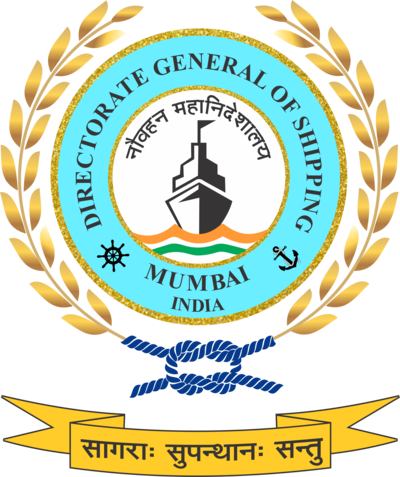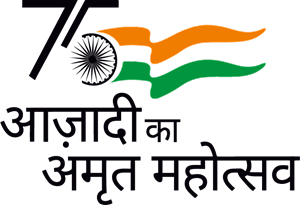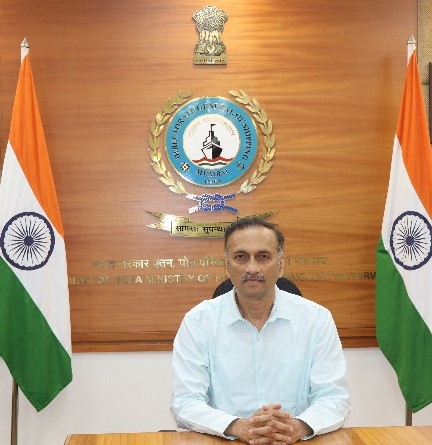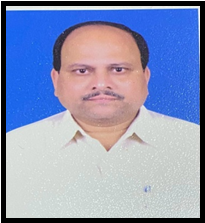Frequently Asked Questions
“Right to information” means the right to information accessible under the Act which is held by or under the control of any public authority and includes the right to-
- Inspection of work, documents, records;
- Taking notes, extracts, or certified copies of documents or records;
- Taking certified samples of material;
- Obtaining information in the form of diskettes, floppies, tapes, video cassettes or in any other electronic mode or through printouts where such information is stored in a computer or in any other device.
The type of information which may be obtained is defined under section 2 (f) of the Act as any material in any form, including records, documents, memos, e-mails, opinions, advices, press releases, circulars, orders, log books, contracts, reports, papers, samples, models, data material held in any electronic form and information relating to any private body which can be accessed by a public authority under any other law for the time being in force.
As per section 3 of the RTI Act any Indian citizen can seek information under the Act.
As per section 6 (1) of the RTI Act, a request may be made in English or Hindi or in the official language of the area in which the application is made.
As per section 6 (1) of the RTI Act a request may be made in writing to the Central Public Information Officer (CPIO) of this Commission. It may also be filed online at https://rtionline.gov.in.
Yes, intelligence and security organizations specified in the Second Schedule to the Act are exempt from furnishing information under the Act. However, this exemption does not apply if the requested information pertains to the allegations of corruption and human rights violations.
As per section 2(f) of the RTI Act 2005 the “information” means any material in any form, including records, documents, memos, e-mails, opinions, advices, press releases, circulars, orders, logbooks, contracts, reports, papers, samples, models, data material held in any electronic form and information relating to any private body which can be accessed by a public authority under any other law for the time being in force.
Information sought must be available in material form in the official records. CPIO is not under an obligation to create, interpret and answer hypothetical queries.
As per Section 6(1), A person, who desires to obtain any information under this Act, shall make a request in writing or through electronic means in English or Hindi or in the official language of the area in which the application is being made, accompanying such fee as may be prescribed to the Central Public Information Officer or State Public Information Officer, as the case may be, of the concerned public authority.
The online application can be made under RTI Portal on https://rtionline.gov.in/ with the online fee.
The applicant can also make application offline with the prescribed fee.
Section 6 of the RTI Rules, 2012 [attached below] prescribed the mode of payment of fee for RTI application, as:
- In cash, to the public authority or to the Central Assistant Public Information Officer of the public authority, as the case may be, against a proper receipt;
- By demand draft or bankers cheque or Indian Postal Order payable to the Accounts Officer of the public authority;
- By electronic means to the Accounts Officer of the public authority, if facility for receiving fees through electronic means is available with the public authority.
Subject to the proviso to sub-section (2) of section 5 or the proviso to sub-section (3) of section 6, the Central Public Information Officer or State Public Information Officer, as the case may be, on receipt of a request under section 6 shall, as expeditiously as possible, and in any case within thirty days of the receipt of the request, either provide the information on payment of such fee as
May be prescribed or reject the request for any of the reasons specified in sections 8 and 9, provided that where the information sought for concerns the life or liberty of a person, the same shall be provided within forty-eight hours of the receipt of the request.
As per Section 11(1) of the RTI Act, 2005, where a Central Public Information Officer or a State Public Information Officer, as the case may be,intends to disclose any information or record, or part thereof on a request made under this Act, which relates to or has been supplied by a third party and has been treated as confidential by that third party, the Central Public Information Officer or State Public Information Officer, as the case may be, shall, within five days from the receipt of the request, give a written notice to such third party of the request and of the fact that the Central Public Information Officer or State Public Information Officer, as the case may be, intends to disclose the information or record, or part thereof, and invite the third party to make a submission in writing or orally, regarding whether the information should be disclosed, and such submission of the third party shall be kept in view while taking a decision about disclosure of information: Provided that except in the case of trade or commercial secrets protected by law, disclosure may be allowed if the public interest in disclosure outweighs in importance any possible harm or injury to the interests of such third party.
Section 8(1) and section 9 of the RTI Act 2005 describes the conditions where there shall be no obligation on CPIO to give any information.
Section 8(3) of the RTI Act 2005 says that “subject to the provisions of clauses (a), (c) and (i) of sub-section (1), any information relating to any occurrence, event or matter which has taken place, occurred or happened twenty years before the date on which any request is made under section 6 shall be provided to any person making a request under that section; Provided that where any question arises as to the date from which the said period of twenty years has to be computed, the decision of the Central Government shall be final, subject to the usual appeals provided for in this Act.



























































